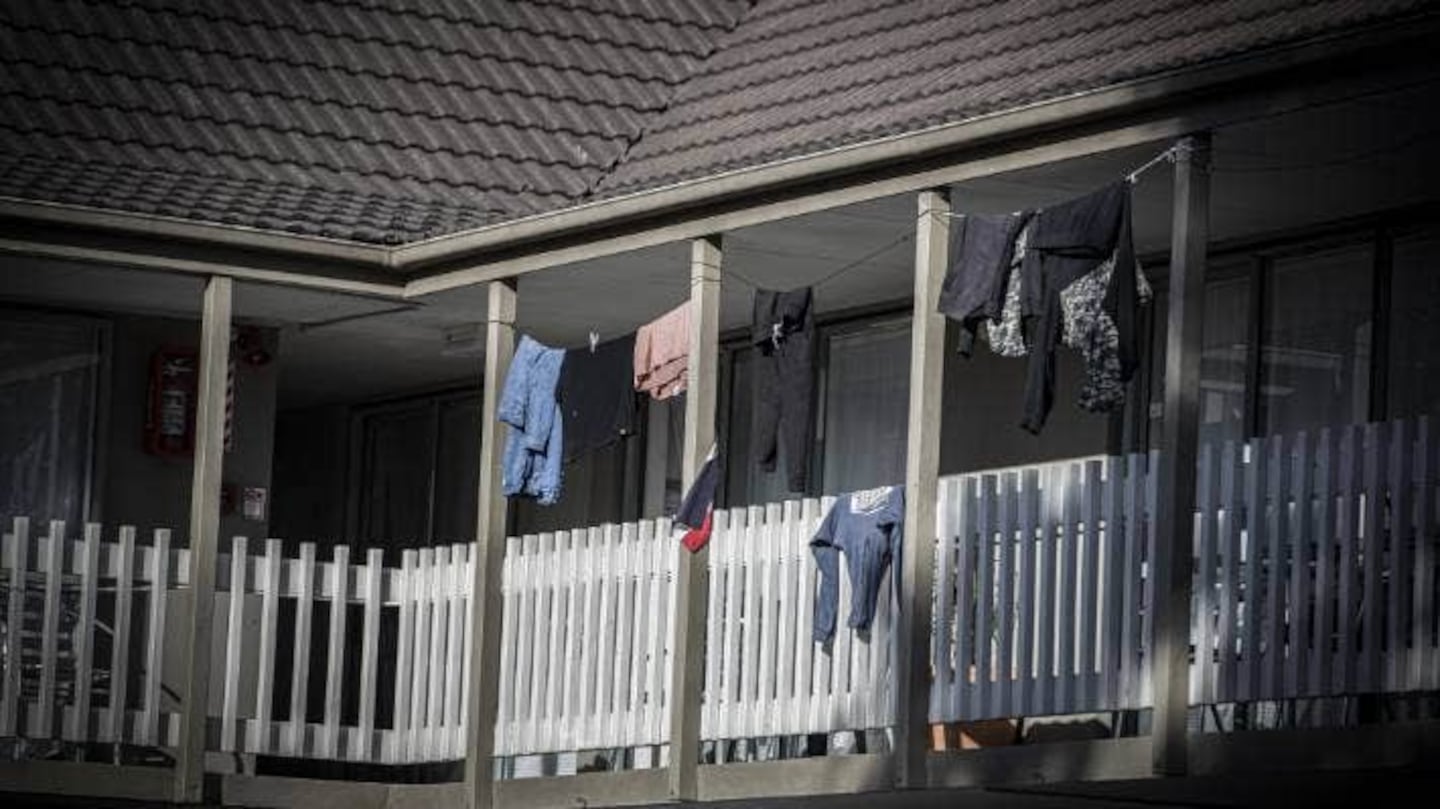The Coalition government has unveiled its plan to significantly reduce reliance on emergency housing, marking a decisive shift in the country’s approach to housing New Zealand’s most vulnerable populations.
The first priority is fast-tracking families with children living in emergency housing into more stable, social housing solutions.
“Emergency housing is one of the biggest public policy failures in New Zealand history. Under the last government’s watch, thousands of children were consigned to grow up in motels,” Housing Minister Chris Bishop says.
The government’s current expenditure on emergency housing is $340 million a year and Bishop says its a “tragedy” that children are exposde to the social cost of living in motels for months at a time.
“Our new Priority One category will mean families with dependent children in emergency housing for longer than 12 weeks will move to the top of the social housing waitlist so we can get them into stable housing sooner,” Bishop says.
The government says there are 3,000 families living in motels and its goal is for emergency housing to be a last resort, used rarely and only for brief periods.
Social Development Minister Louise Upston outlined additional measures to reinforce the system, including more rigorous verification processes for those seeking emergency housing and a review of eligibility settings.
“MSD staff assessing anyone applying for emergency housing will increase their scrutiny,” Upston said, highlighting the need for accountability and ensuring that emergency housing is used only when absolutely necessary.
“Between now and August, we will be working to strengthen emergency housing verification processes, review eligibility settings, limit discretion and clarify an applicant’s responsibilities while in emergency housing. These changes will help ensure that emergency housing is only accessed where absolutely necessary.
Emergency housing crisis
The housing situation New Zealand faces today is the result of years of systemic issues within the housing sector. Housing shortages, unaffordability and inadequate responses to the needs of the most vulnerable have all contributed to the rise in the use of motels as social housing.
Wednesday’s announcement comes as a response to growing concerns over the use of motels as long-term accommodation for families, an issue that has seen thousands of children growing up in less-than-ideal living conditions, impacting their health and educational outcomes.
“We know that children in emergency housing for an extended period are most at risk of poor health and education outcomes,” Upston says.
Associate Housing Minister Tama Potaka says they will be using a social investment lens to better target support where it’s needed.
“Solving emergency housing won’t be easy and it won’t happen immediately,” Potaka says. “Bold and radical steps will be required. We’ll be exploring a range of options including better support to prevent the need for emergency housing in the first place, as well as for those who exit.”




